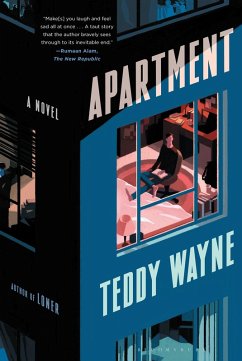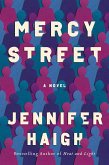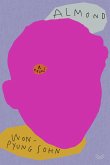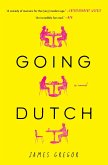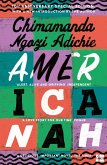A New York Times Editors Choice
Longlisted for the 2020 Simpson / Joyce Carol Oates Literary Prize
One of Vogue.com's "Best Books of 2020 So Far"
One of Elle's "Best Books of 2020 So Far"
Named A Most-Anticipated Book by The New York Times, Vogue, The Boston Globe, Salon,
The Millions, Inside Hook, and Vol. 1 Brooklyn
In 1996, the unnamed narrator of Teddy Wayne's Apartment is attending the MFA writing program at Columbia on his father's dime and living in an illegal sublet of a rent-stabilized apartment. Feeling guilty about his good fortune, he offers his spare bedroom--rent-free--to Billy, a talented, charismatic classmate from the Midwest eking out a hand-to-mouth existence in Manhattan.
The narrator's rapport with Billy develops into the friendship he's never had due to a lifetime of holding people at arm's length, hovering at the periphery, feeling "fundamentally defective." But their living arrangement, not to mention their radically different upbringings, breeds tensions neither man could predict. Interrogating the origins of our contemporary political divide and its ties to masculinity and class, Apartment is a gutting portrait of one of New York's many lost, disconnected souls by a writer with an uncommon aptitude for embodying them.
Longlisted for the 2020 Simpson / Joyce Carol Oates Literary Prize
One of Vogue.com's "Best Books of 2020 So Far"
One of Elle's "Best Books of 2020 So Far"
Named A Most-Anticipated Book by The New York Times, Vogue, The Boston Globe, Salon,
The Millions, Inside Hook, and Vol. 1 Brooklyn
In 1996, the unnamed narrator of Teddy Wayne's Apartment is attending the MFA writing program at Columbia on his father's dime and living in an illegal sublet of a rent-stabilized apartment. Feeling guilty about his good fortune, he offers his spare bedroom--rent-free--to Billy, a talented, charismatic classmate from the Midwest eking out a hand-to-mouth existence in Manhattan.
The narrator's rapport with Billy develops into the friendship he's never had due to a lifetime of holding people at arm's length, hovering at the periphery, feeling "fundamentally defective." But their living arrangement, not to mention their radically different upbringings, breeds tensions neither man could predict. Interrogating the origins of our contemporary political divide and its ties to masculinity and class, Apartment is a gutting portrait of one of New York's many lost, disconnected souls by a writer with an uncommon aptitude for embodying them.
Teddy Wayne sets his fourth novel, the darkly comic and emotionally intelligent Apartment, in 1996. Part of the historical novel's task is to look at the past not with nostalgia but with precision, and Apartment does this exactly. Beyond period details, though, the historical novel needs to give a sense for the talk and feel of the time — what could and couldn't be spoken of, what could and couldn't be imagined. And it's in this deeper re-creation that Wayne elevates Apartment from a convincing historical facsimile to a work of art…. [he] looks at it all — masculinity, literary ambition, our decade of free trade and liberalism triumphant — and finds the rot underneath.

